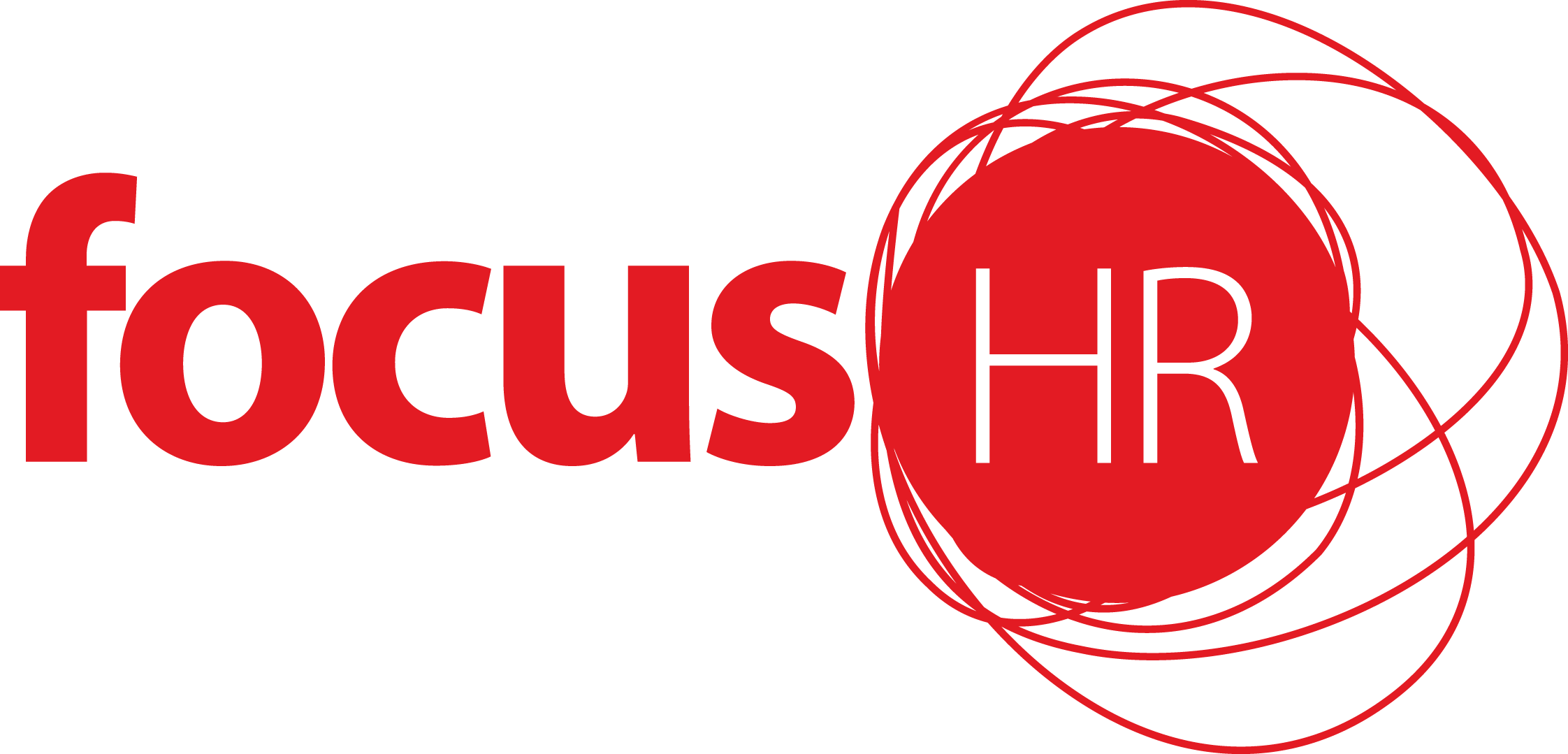- If you are covered by an Enterprise Agreement (EA), the terms of the EA take precedence, however you still have an obligation to ensure your agreement base rates are not less than the minimum Award rates;
- The 1.75% increase applies to the first full pay period after 1 November;
- If you are already paying your employees above Award rates and your rates continue to be above the new minimum rates, you are not obliged to pass on the increase – just make sure that your rates are still compliant, particularly if you use a salaried or all up hourly rate approach which wraps in elements beyond the hourly rate;
- The new minimum rates also apply to any work an employee performs while they’re in the JobKeeper scheme.
Wage Theft now a Criminal Offence in QLD
If you weren’t yet serious about making sure employee wages are compliant, there are 10 big reasons to get very serious about it!
From mid-September, the Queensland Criminal Code was amended to enable wage theft to be prosecuted as stealing and to increase the maximum penalty for stealing by an employer to 10 years’ imprisonment. The implication is that employers (either an individual employer or a company) can be held criminally liable if they wilfully or deliberately fail to pay an employee.
Under the code, a broad range of non-payments may be captured, including underpayment of hours, unpaid penalty rates, unreasonable or unauthorised deductions, withholding entitlements, and unpaid superannuation as well as intentional misclassification of workers.
Allegations of wage theft will be investigated by the Queensland Police. An individual employer or a company may be charged with wage theft. And it is not just the business owner or CEO who can be found liable.
A director or other senior officer of a company (or any other person, e.g. an external accountant, or other professional advisor) may be liable for wage theft committed by a company if it can be shown that they were an accessory to the commission of the offence. Being an accessory means knowing the essential circumstances of the company’s wage theft, and still intentionally assisting or encouraging the company to commit the offence.
The Office of Industrial Relations has emphasised that wage theft is not meant to penalise unintentional conduct or honest mistakes, rather it is reserved for wilful or deliberate conduct. This means that employers who act under an honest and reasonable, but misinformed or mistaken belief of the entitlements due to an employee may have a defence against wage theft.
What employers need to do:
1. Ensure that the wages you pay your employees meets all legislated entitlements including consideration for minimum wage rates, allowances, overtime and penalty rates, and superannuation.
2. Keep good records of any documentation used to evidence that you are acting in an honest and reasonable manner based on your belief of what the correct entitlements are.
3. If in doubt, reach out to your advisors for assistance with this. Your HR Manager or external HR Advisor should be able to assist you in checking and recording your wage compliance. If you need assistance, please feel free to contact Focus HR.

